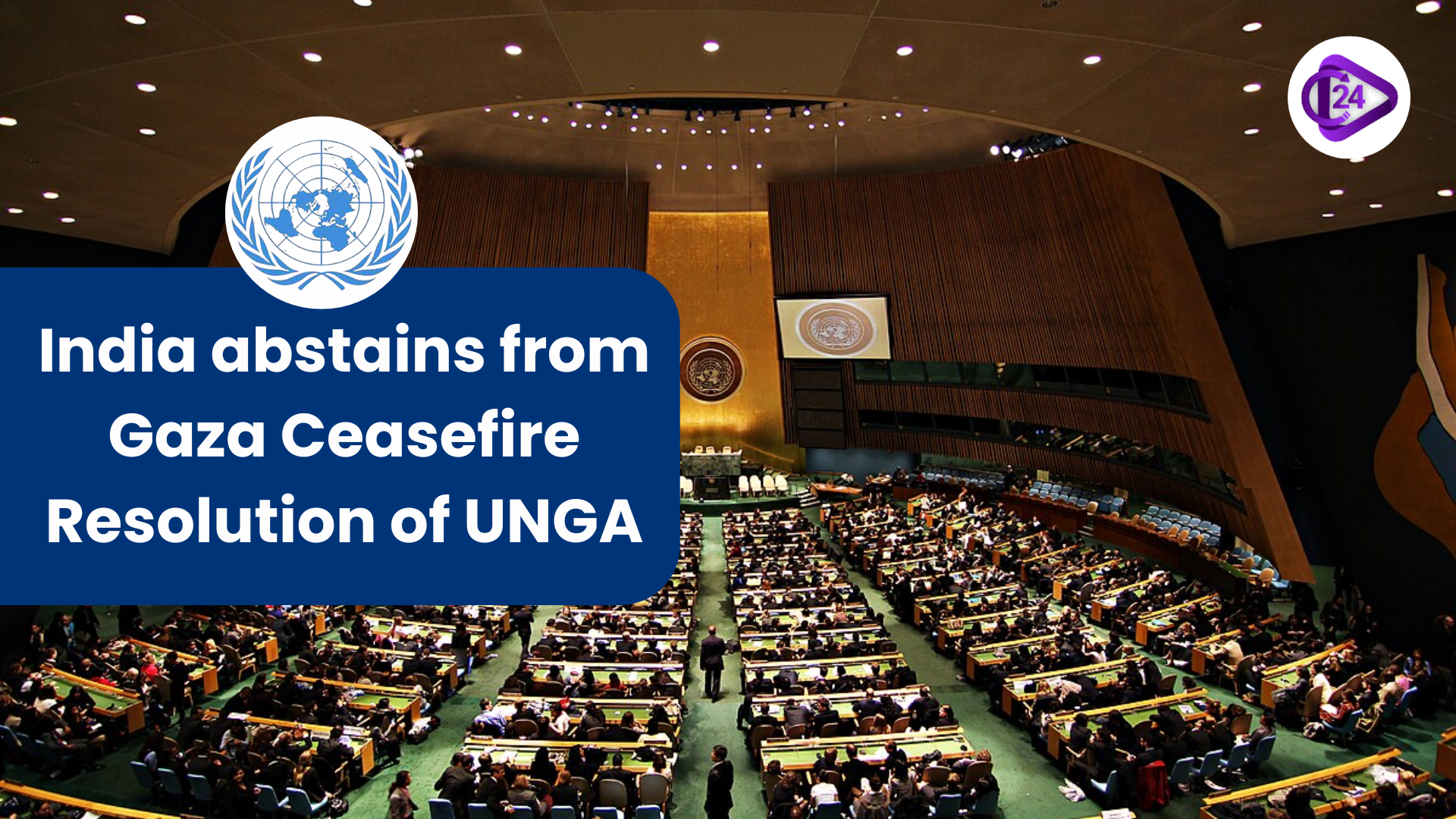
India did not vote on a UN General Assembly (UNGA) resolution, demanding a ceasefire in Gaza, becoming the fourth such abstention in three years. This is irrespective of the fact that India had voted in support of a similar resolution half a year ago, in December 2024. This vote, which took place on June 12, 2025, was connected with the current conflict between Israel and Hamas, which has already taken more than 55 000 lives in Gaza.
-
Date and Context: India did not vote on a UN General Assembly (UNGA) resolution demanding a ceasefire in Gaza on June 12, 2025, in the ongoing Israel-Hamas conflict.
-
Shift in India’s Policy:
-
-
It is the fourth time that India has abstained on such resolutions in the past three years.
-
India had voted in support of such a resolution earlier in December 2024 making it a change of position.
-
India’s Position:
-
India Permanent Representative to the UN, Paravathaneni Harish, reasoned that the abstention vote follows previous votes.
-
India supports the idea of dialogue and diplomacy as the sole means of resolving the conflict and directs to the necessity of the peace talks between Israel and Palestine.
-
-
Global Voting Outcome:
-
Proposed by Spain, the resolution was adopted by 149 to 19 (abstentions) and 10 (votes against).
-
India was among 19 countries that abstained, such as Albania, Ecuador and Malawi.
-
The United States voted against the resolution together with Israel.
-
-
Resolution Details:
-
The resolution demands civilian protection and adherence to the international law.
-
It also requires the entrance of humanitarian aid (food, water, medical supplies, etc.) into Gaza.
-
-
Criticism and Reactions:
-
US criticism: The United States criticized the resolution because it did not mention the actions of Hamas yet it demanded the release of hostages.
-
Russia argued that an immediate ceasefire was necessary, due to the unacceptable civilian casualties and the humanitarian crisis.
-
The French-Saudi Conference on Palestine (June 17-20, 2025)
-
Conference Theme: The French-Saudi conference will have a themes Israel and Palestine Two-State solution, and thematic sessions on security, economic sustainability, and humanitarian requirements.
-
India’s Participation:
-
Whether India will participate in the conference or not is yet to be decided.
-
The diplomatic sources are yet to confirm the involvement of India and the Ministry of External Affairs (MEA) is yet to issue a statement.
-
-
International Impact: The conference is expected to address specific measures towards establishment of a Palestinian state, as well as, peace efforts.
Key Facts about the Conflict:
-
Humanitarian Crisis:
-
More than 55,000 already were killed in Gaza as a result of Israeli airstrikes and blockade.
-
Half a million Gazans are heavily hungry and malnourished.
-
-
India’s Recognition of Palestine:
-
India awarded Palestine state recognition back in 1988 and has since continued to back the rights of the Palestinians at the UN.
-
India is one of 147 members out of 193 UNGA members, which recognize the Palestinian state.
-
Conclusion
India’s abstention from the UNGA Gaza ceasefire vote in June 2025 signals a notable change in its diplomatic strategy. Despite supporting a similar resolution in December 2024, India chose neutrality this time. The move highlights India's emphasis on dialogue over direct intervention. As the humanitarian crisis worsens in Gaza, global powers prepare for the French-Saudi peace conference. India's future engagement in the Israel-Palestine peace process remains under observation.



 New Coral Species ‘Iridogorgia chewbacca’ Identified
New Coral Species ‘Iridogorgia chewbacca’ Identified Indus Waters Treaty: A Document Past Its Time
Indus Waters Treaty: A Document Past Its Time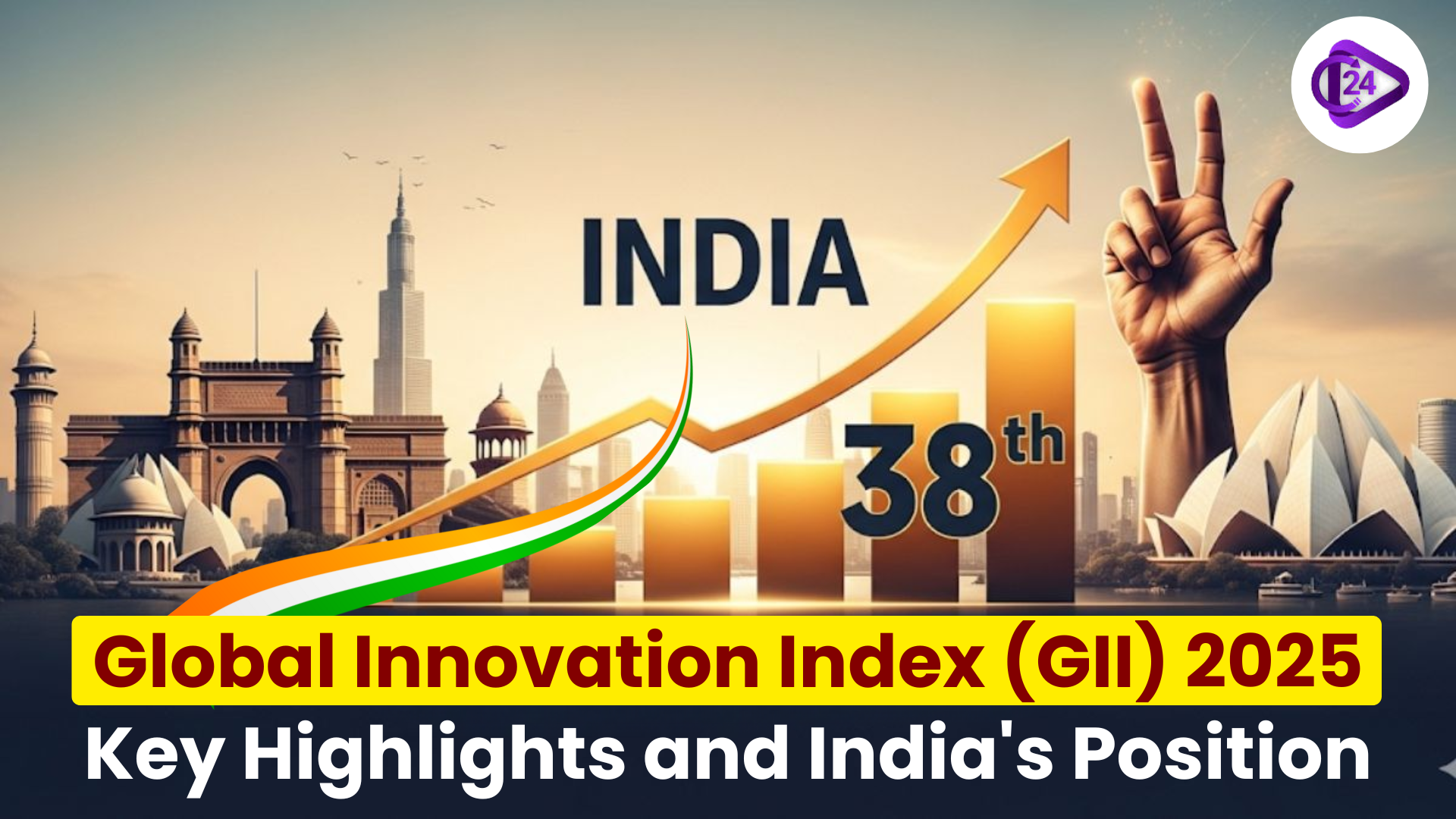 Global Innovation Index (GII) 2025 – Key Highlights and India's Position
Global Innovation Index (GII) 2025 – Key Highlights and India's Position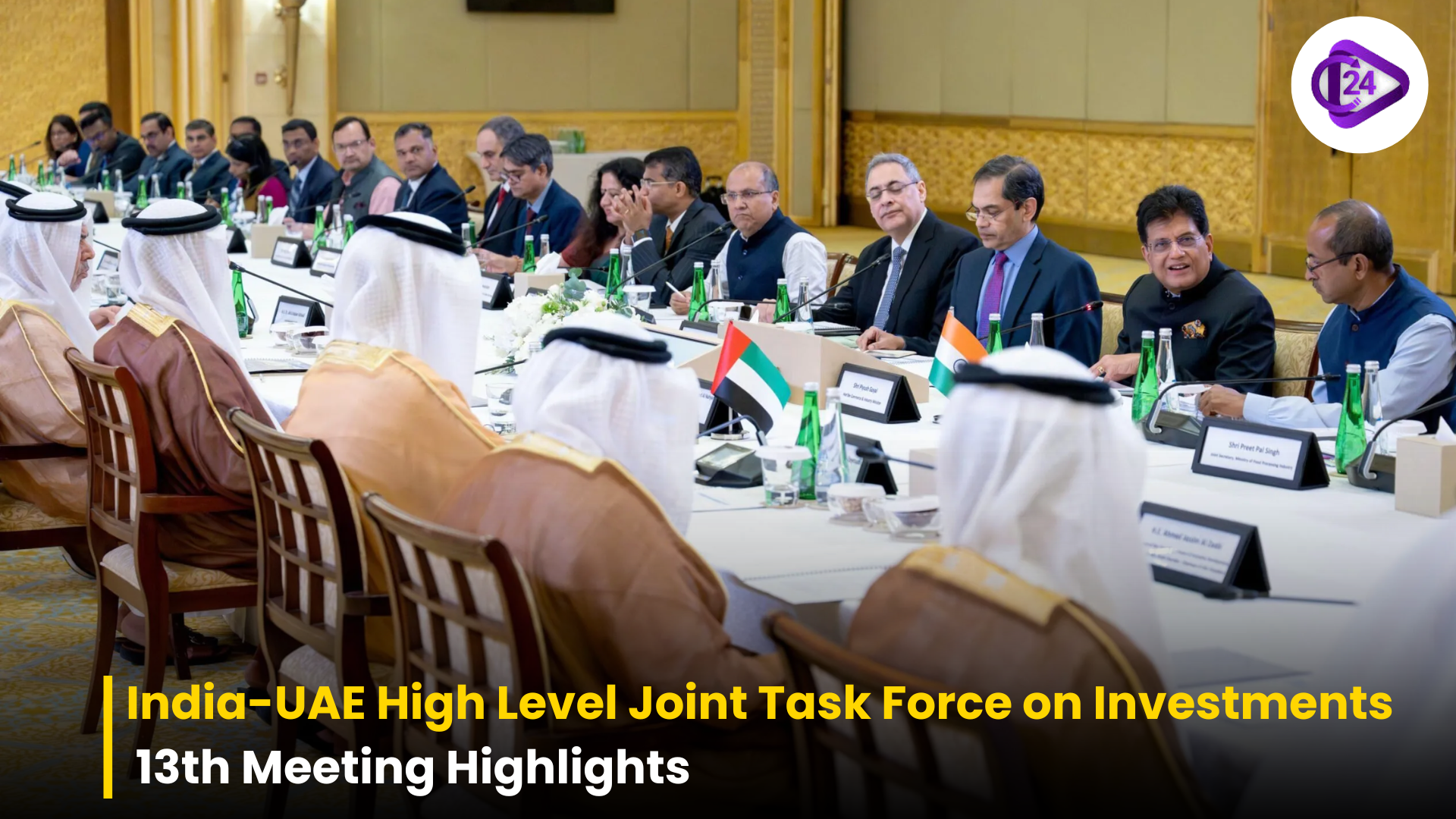 India-UAE High Level Joint Task Force on Investments: 13th Meeting Highlights
India-UAE High Level Joint Task Force on Investments: 13th Meeting Highlights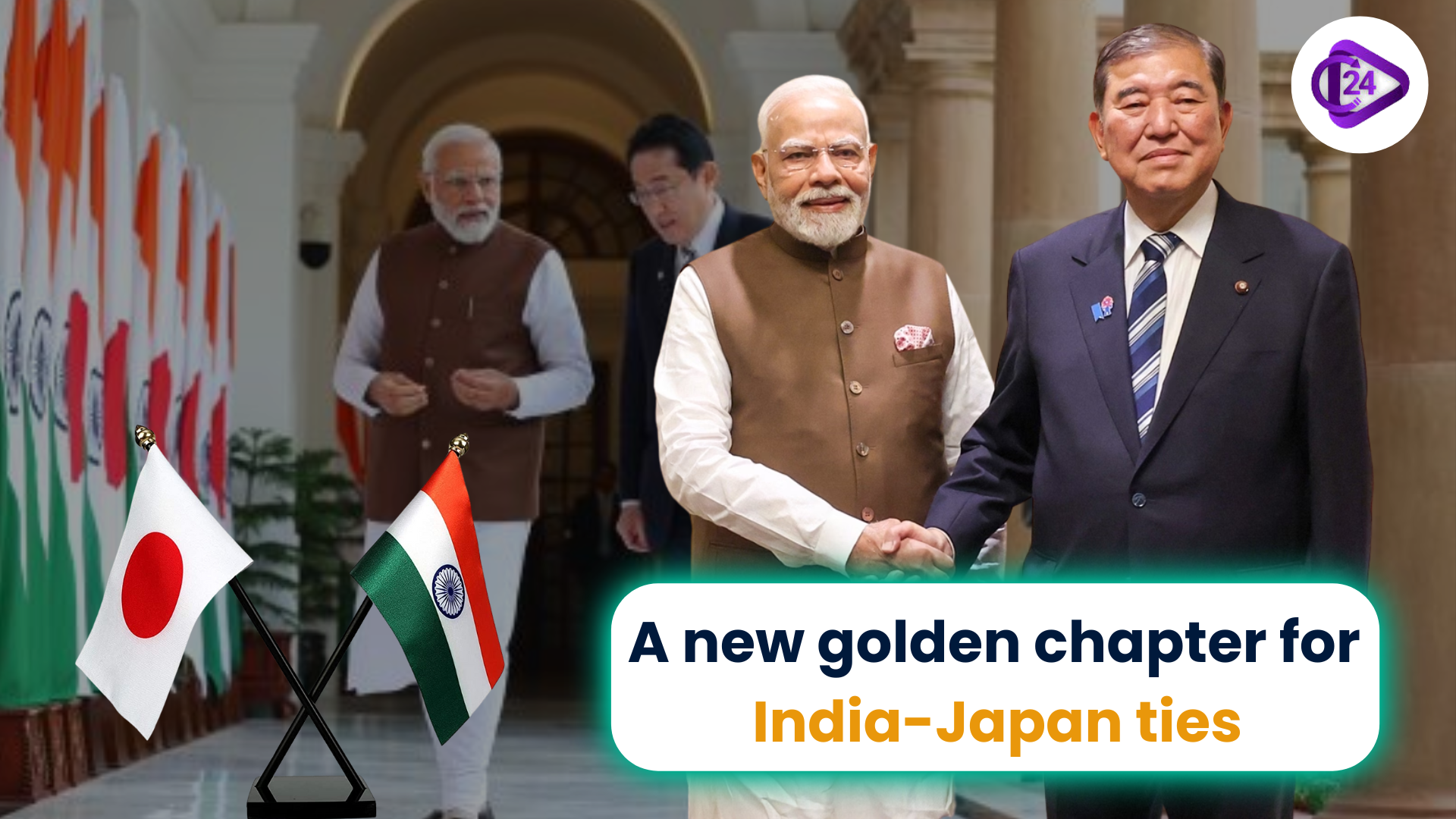 India-Japan Relations Strengthen Through Tech, Trade & Labor Ties
India-Japan Relations Strengthen Through Tech, Trade & Labor Ties India to Launch Pilot Projects in Venezuela Across Key Sectors
India to Launch Pilot Projects in Venezuela Across Key Sectors India Launches SAJEX 2025 in Jeddah to Boost Jewellery Trade
India Launches SAJEX 2025 in Jeddah to Boost Jewellery Trade First Overseas Atal Innovation Centre Inaugurated at IIT Delhi–Abu Dhabi Campus
First Overseas Atal Innovation Centre Inaugurated at IIT Delhi–Abu Dhabi Campus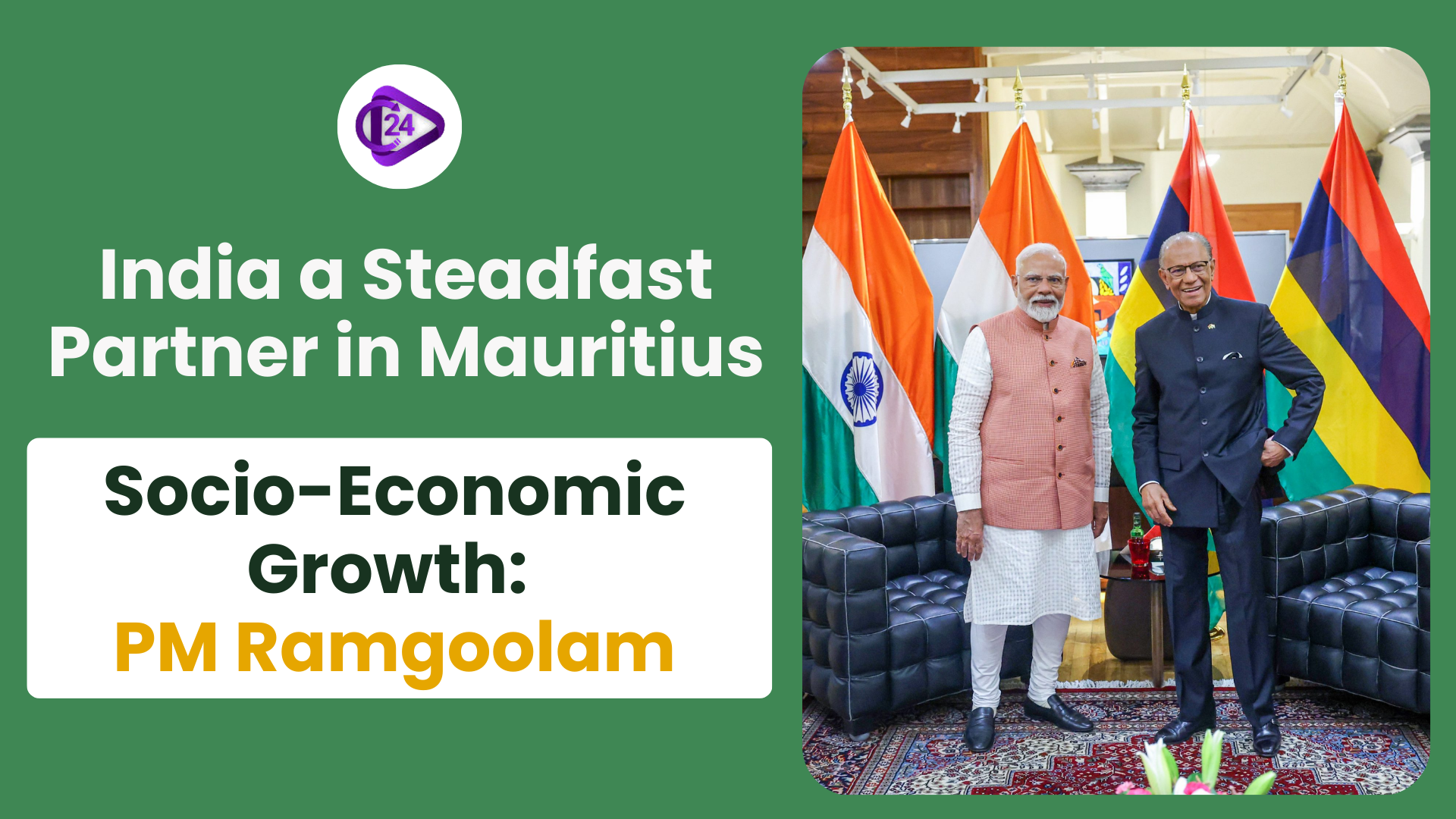 India a Steadfast Partner in Mauritius’ Socio-Economic Growth: PM Ramgoolam
India a Steadfast Partner in Mauritius’ Socio-Economic Growth: PM Ramgoolam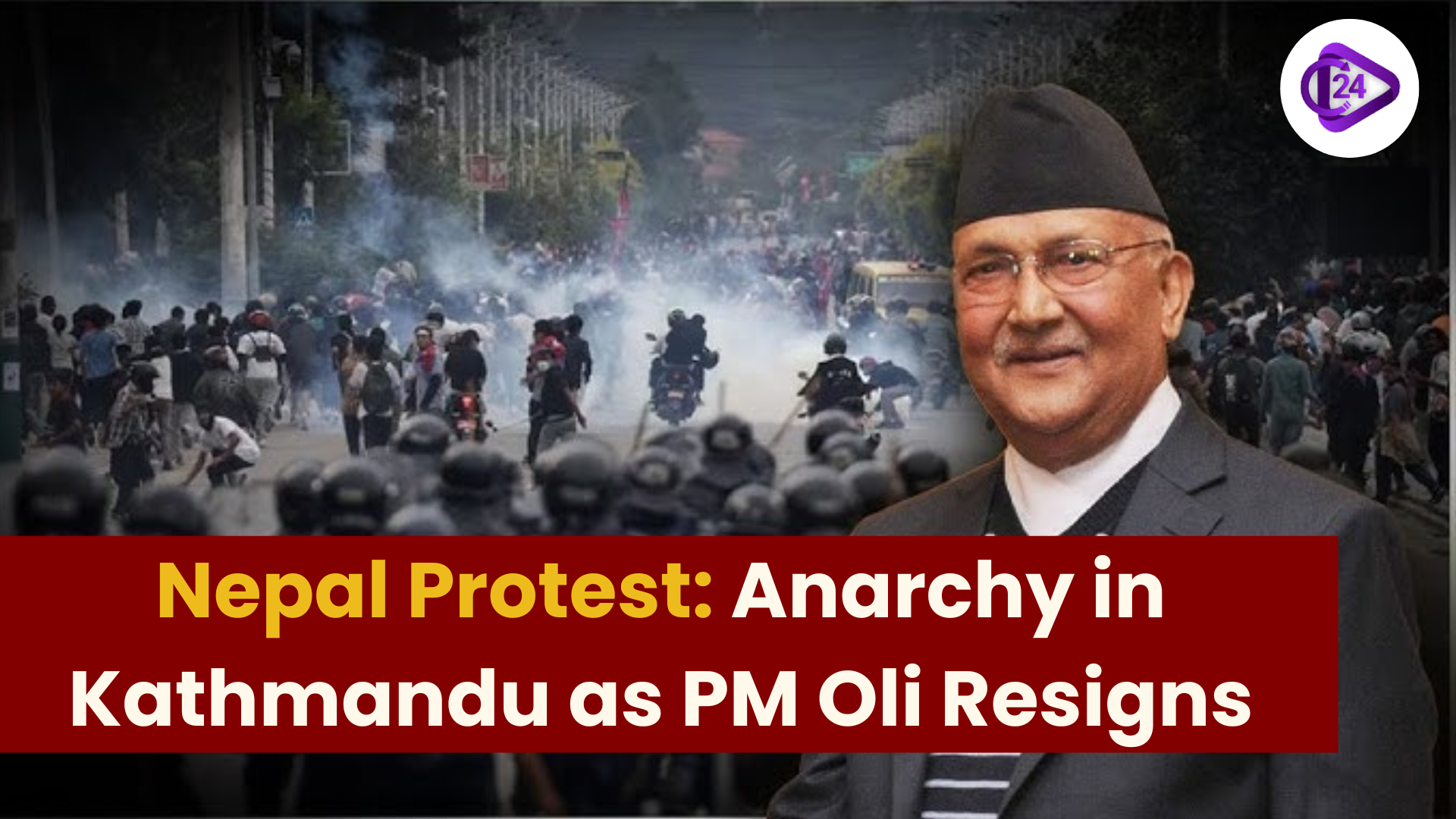 Anarchy in Kathmandu as PM Oli Resigns; Parliament and Supreme Court Vandalised
Anarchy in Kathmandu as PM Oli Resigns; Parliament and Supreme Court Vandalised






